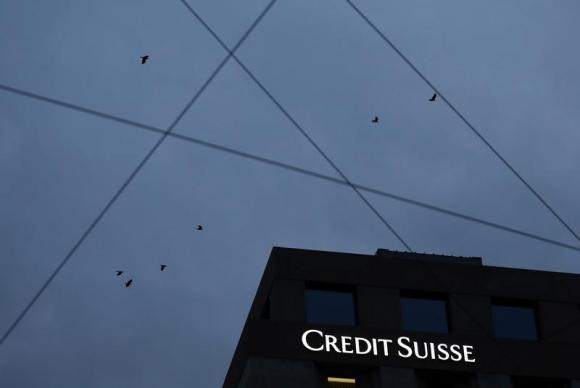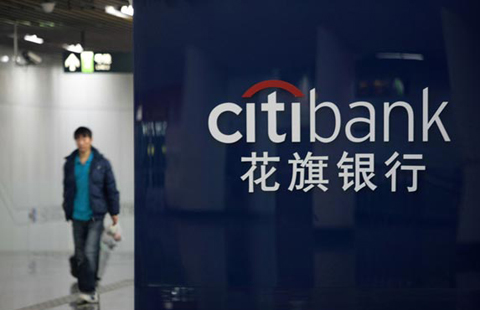Executives of Credit Suisse's China partner summoned in probe
(Agencies) Updated: 2015-01-07 09:32
|
 |
|
A Credit Suisse sign is pictured on a building of the bank in Geneva Nov 26, 2014. [Photo/Agencies] |
The parent of Founder Securities, Credit Suisse AG's brokerage venture partner in China, said four of its executives were ordered to cooperate with an official investigation, stirring concerns as a dispute heats up with a major shareholder.
Neither Founder Securities nor its parent, Founder Group, gave any details on the investigation, including the authorities involved, and both declined to comment beyond brief statements on Monday that the executives had been called in.
The statements closely followed an announcement by Founder Securities on Friday that a court had frozen 1.77 billion yuan ($285 million) in its bank accounts, in connection with a dispute with Beijing Zenith Holding Ltd, its second-largest shareholder.
Beijing Zenith has accused senior executives of Founder Group of embezzling tens of billions of yuan. Founder Group, whose securities unit is separately suing a company bought from Beijing Zenith, has declined to comment on the accusation.
Hong Kong-based officials at Credit Suisse, Founder Securities' partner in loss-making Credit Suisse Founder Securities Co Ltd, declined to comment on the matter.
Analysts said the summoning of Founder Group executives may disrupt operations at Founder Securities and its venture with Credit Suisse, as senior managers throughout a State-owned group are typically appointed by and operate closely with managers at the parent company.
Founder Securities' shares fell 3 percent to 13.12 yuan on Tuesday, their lowest close in two weeks, adding to a 3.8 percent fall on Monday.
But the shares are still up more than 90 percent from mid-November, when China's securities sector rallied sharply on a surprise monetary easing by the central bank and the launch of a plan allowing Hong Kong investors to buy mainland shares.
Since 2007, foreign investment banks operating ventures with local partners in China have averaged a collective loss of 21 million yuan a year, according to a Reuters analysis of data from China's securities regulator.
Some are responding by shifting to complex credit products or considering bringing in third partners, while most remain reluctant to give up their hard-earned investment banking licenses.
Credit Suisse said in a filing in November, however, that it may sell out of the joint venture.
- China pushes for SIM card registration in crime crackdown
- Oil slump offers reform opportunity for China
- China's private financing to hit 18t yuan in 2015
- Executives of Credit Suisse's China partner summoned in probe
- China's express deliveries increase by 52%
- ICBC to clear RMB in Bangkok
- China's upbeat housing sentiment rolls into 2015
- Premier's southern trip to push China's reform drive

















